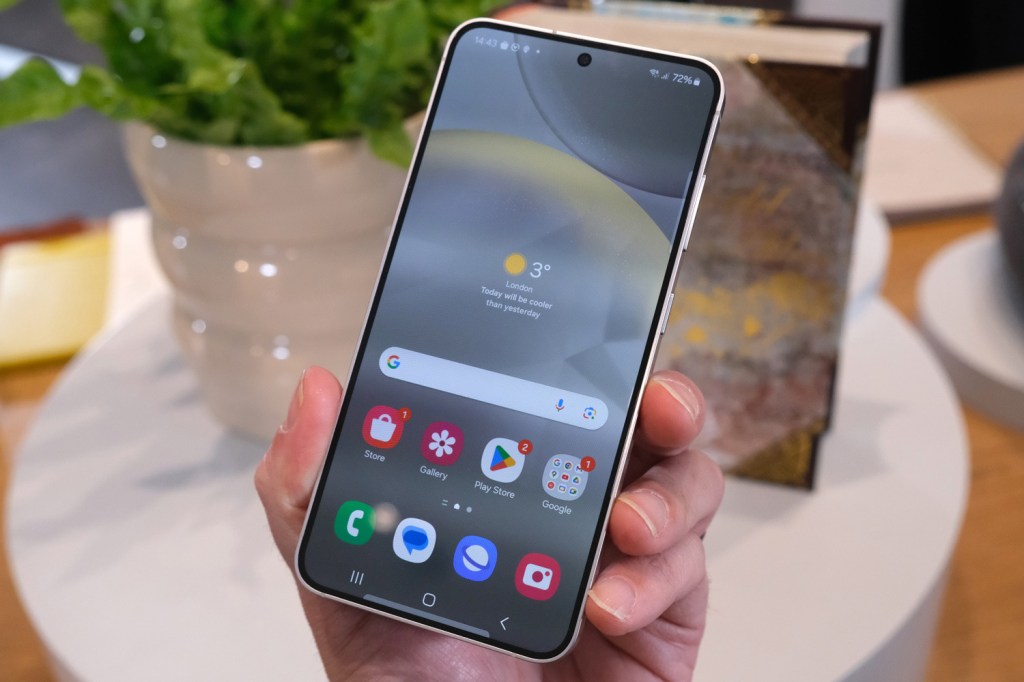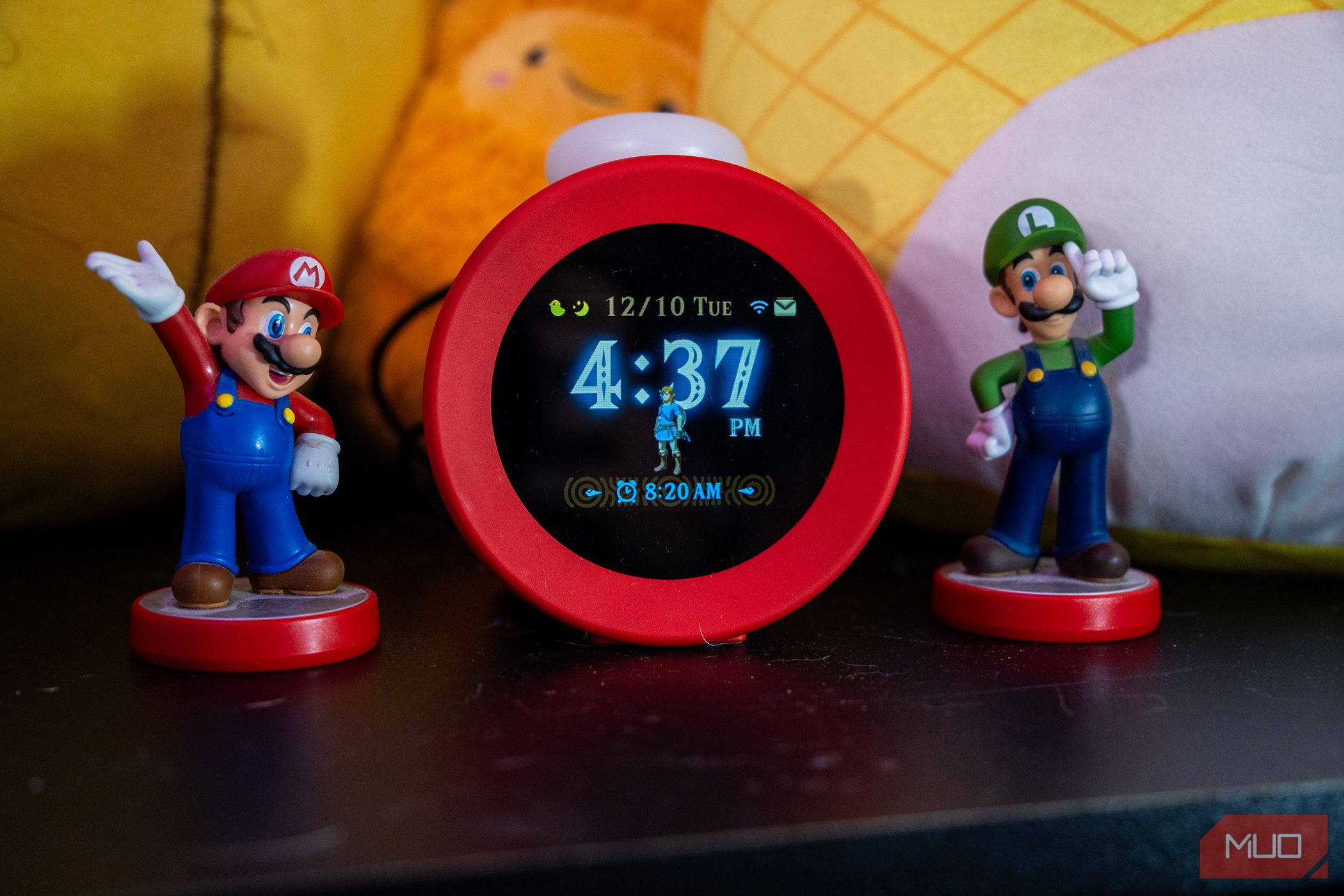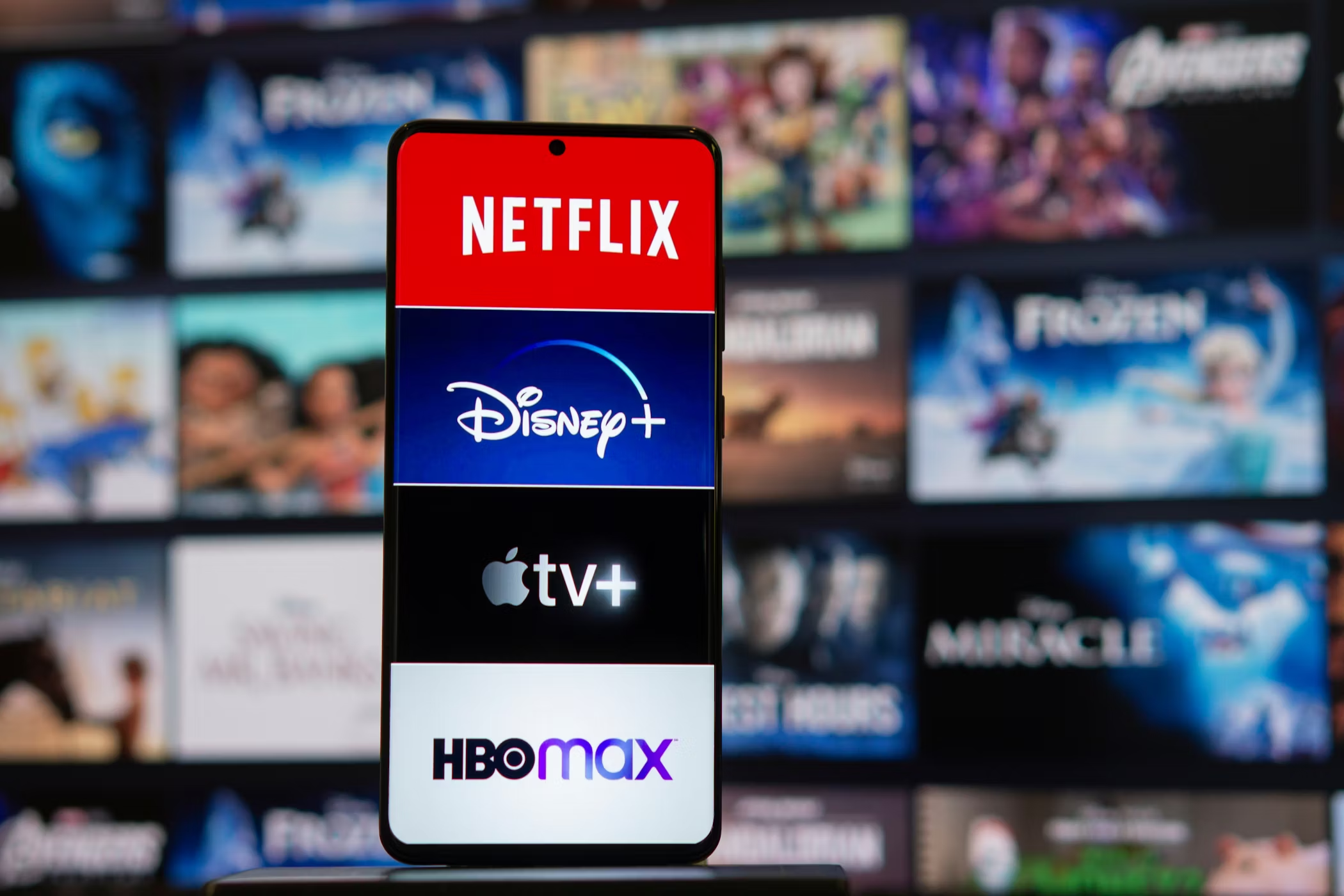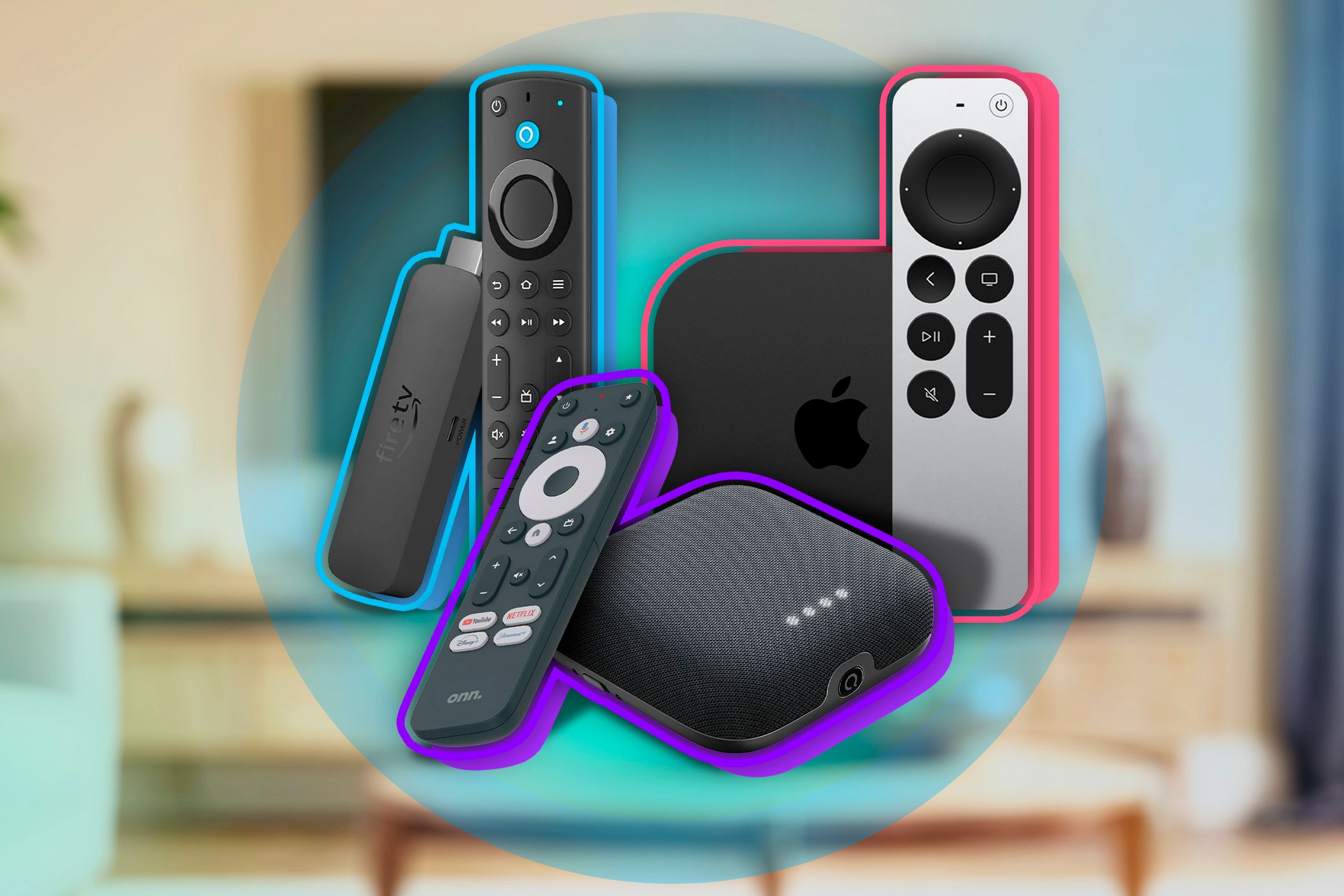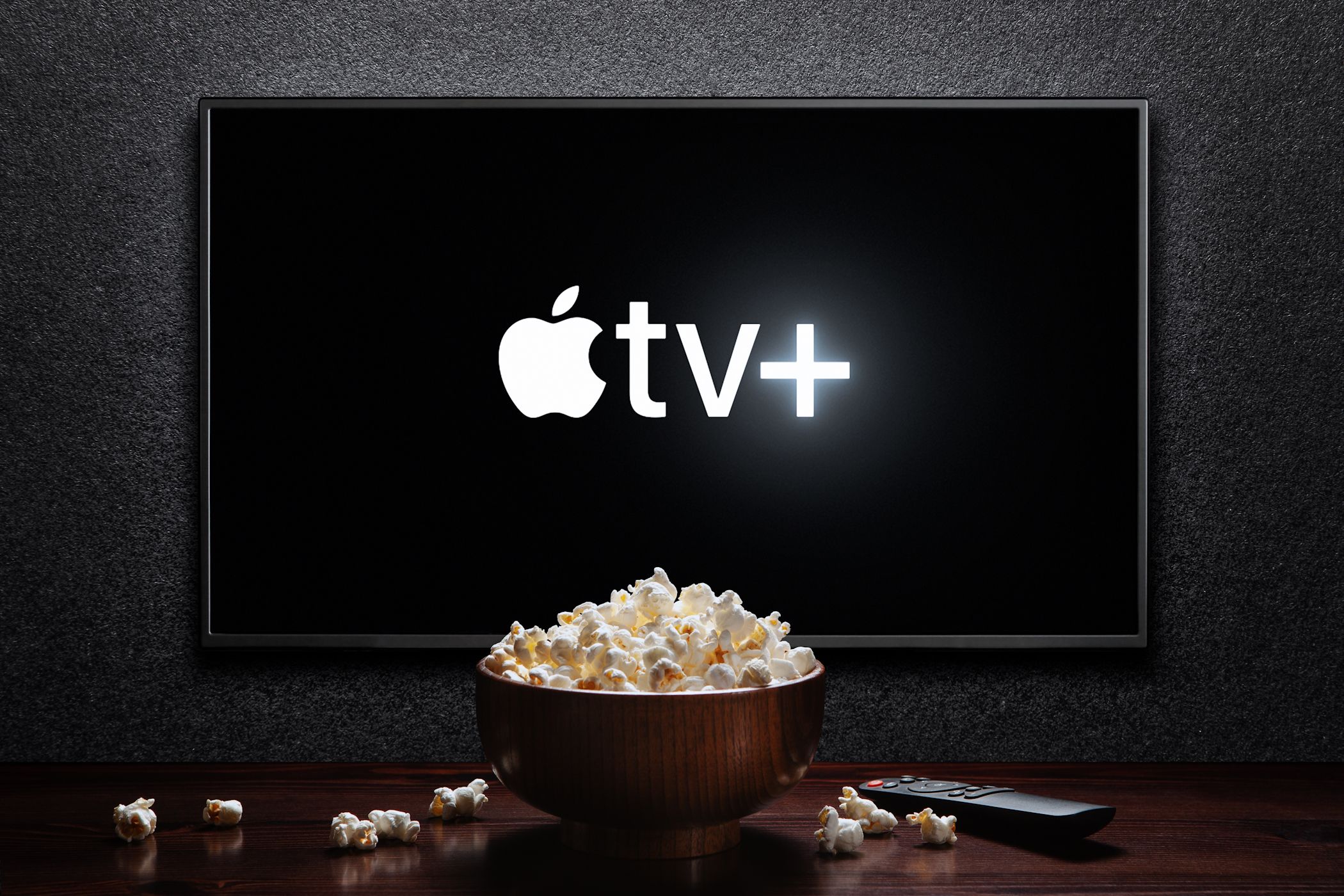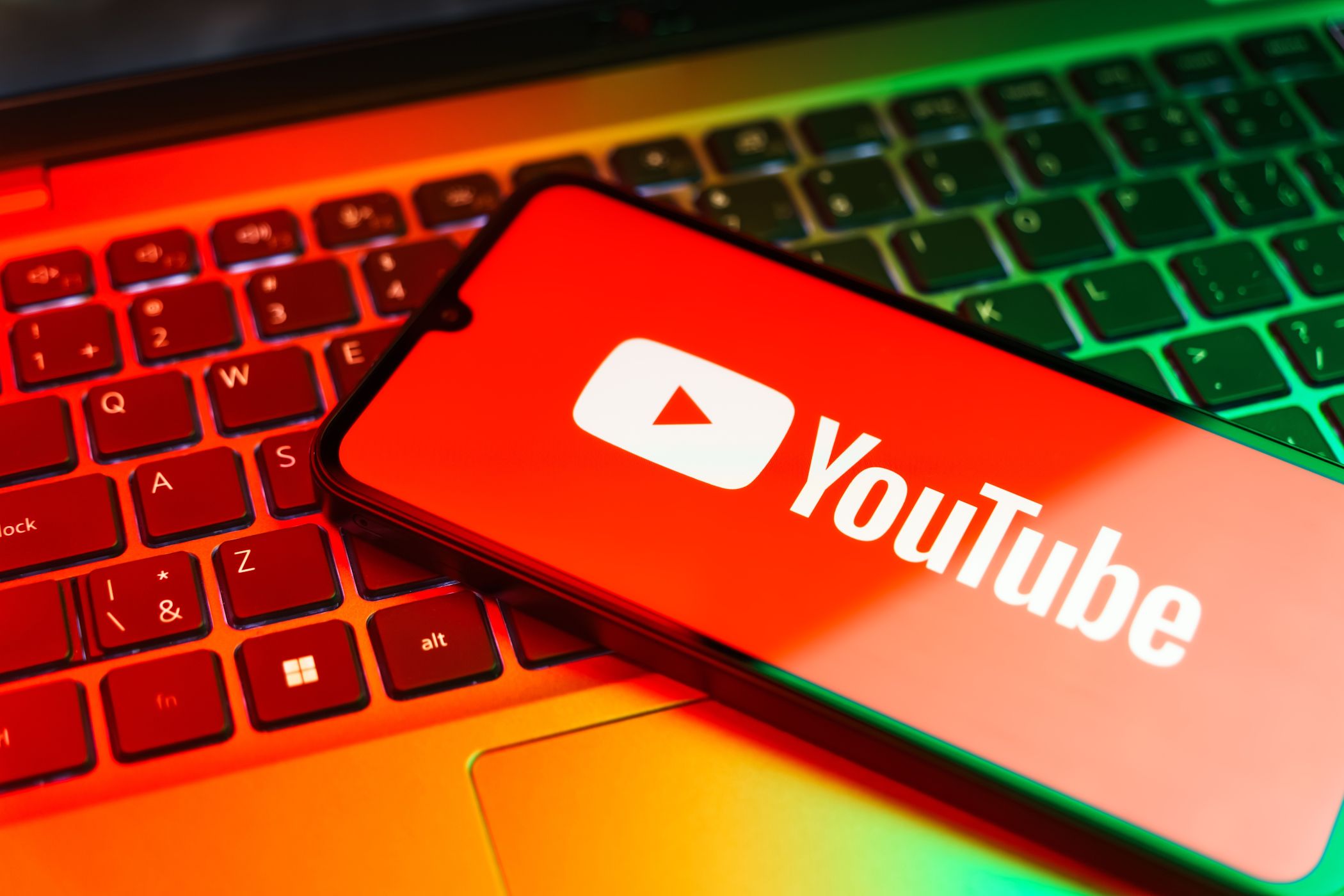Streaming has introduced a world of viewing options, and there is no time when you can’t find exactly what you want to watch on TV, no matter where you are in the world.
At the same time, it’s pretty much destroyed watching traditional television for me and many of the extra traditions that came with that—and it’s sad to see those nostalgic days falling away.
Nostalgia for Traditional TV Watching
When it comes to watching TV, there is just something so nostalgic about the whole process. You get together with your family or friends and wait for the time that your favorite show is going to air. Was it sort of annoying knowing you could miss said show and have to wait for a rerun or that you had to wait in the first place? Of course, it was, but at the same time, those moments of communal watching fostered connections that I think many of us miss out on nowadays.
A big part of that was the scheduled cadence of programming. You would spend the entire week anticipating next Thursday at 7pm when you knew that the show was airing and knew your friends were doing the same or were on the couch with you. I can remember plenty of times my family got into a show to the point that we made sure we were all available at that certain time to come together and watch it. Or waking up early to watch my favorite Saturday morning cartoons, which aren’t even a thing anymore!
Now, with on-demand programming, you don’t have to wait. Sure, it is convenient, and you can binge-watch an entire series in a day or two, watching it all if you want, without having to wait. It takes away the fun of watching television, in a way, and is one of the bigger drawbacks of streaming.
Discovering Content by Chance
This one might be controversial, but the limited options forced viewers to stumble upon shows and movies outside their interests, often purely by chance. That meant more people were becoming engaged with narratives they might not have otherwise even considered but found themselves liking.
Now, tons of content can be easily found at your fingertips. Why look for something new when you have exactly what you want in front of you twenty-four-seven? Sure, it takes away the boredom of watching something you might not want to, but at the same time, it takes the guesswork out of things in a not-so-great way.
Quantity Over Quality
Streaming has also altered how content is produced and how we consume it, impacting the storytelling itself. The model for most streaming services’ success relies on algorithms and viewer data, which means content often prioritizes binge-worthiness over quality.
Now, while there are undoubtedly great shows with complex narratives and high production values, there is also the tendency to lean on formulas designed to keep viewers watching as long as possible. This focus on quality over quality can result in storytelling that feels either rushed or extended, making the pacing feel “off” in comparison to shows of old.
Overabundance of Streaming Options
There are hundreds of niche streaming services, like Disney+, Max, Paramount, Netflix, Hulu, and more. With countless shows, documentaries, and films at our fingertips, sometimes, the sheer volume of that content can be overwhelming. I can’t be the only person with all those options who gets “decision fatigue,” worried about picking the “right” show instead of just sitting back and watching what is on.
This simplicity is what traditional television was good at, for better or for worse. There was only so much on, and you either watched it or you didn’t. You didn’t spend hours flipping from service to service, trying to find the one thing you wanted to watch, only to find hours had passed and you still hadn’t picked anything.
In the end, I would like to state that I do not think streaming services are bad in and of themselves. Streaming has made accessing old classics and more diverse content easier, letting us discover stories and voices that might not have reached consumers traditionally. It has also let creators find a platform for their content.
Nonetheless, this change comes with undeniable trade-offs, and for those like myself who often wax poetic about “days gone by,” it is just one more thing to add to the “remember when” pile.
